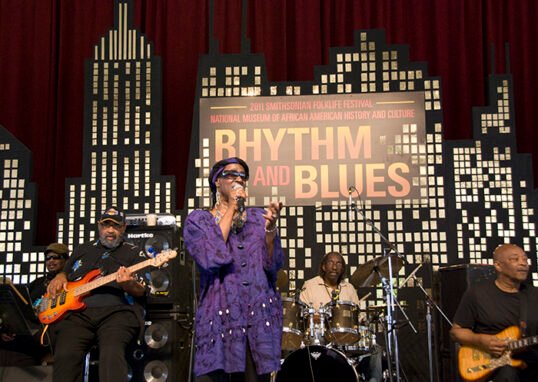
Rock music, since its inception in the mid-20th century, has been a powerful force in shaping cultural norms and societal values. Its influence extends far beyond the realm of music, permeating fashion, politics, and social movements. This exploration delves into the cultural impact of rock music, highlighting its transformative effects and enduring legacy.

Origins and Early Influence
Firstly, rock music emerged in the 1950s as a fusion of various musical styles, including blues, country, and rhythm and blues. Early pioneers like Elvis Presley, Chuck Berry, and Little Richard broke new ground with their energetic performances and rebellious spirit. This new genre quickly resonated with young audiences, challenging the conservative values of the time. Rock music became a symbol of youth rebellion and freedom, setting the stage for its significant cultural impact.
Fashion and Lifestyle
Moreover, rock music has profoundly influenced fashion and lifestyle. The 1960s saw the rise of iconic styles, such as the mod look in the UK and the hippie movement in the US. Bands like The Beatles and The Rolling Stones not only revolutionized music but also became fashion icons, inspiring trends that defined an era. The punk movement of the 1970s, with bands like The Sex Pistols and The Ramones, introduced a DIY ethos and anti-establishment fashion that challenged societal norms. Rock music’s influence on fashion continues to be evident in contemporary styles, from grunge to emo.
Political and Social Movements
Additionally, rock music has played a pivotal role in political and social movements. The 1960s and 1970s were marked by significant social upheaval, and rock music became a vehicle for expressing dissent and advocating for change. Songs like Bob Dylan’s “The Times They Are a-Changin'” and John Lennon’s “Imagine” became anthems for peace and civil rights. The anti-war protests of the Vietnam era were often accompanied by rock music, with artists using their platforms to voice opposition. Rock music has continued to support various causes, from Live Aid’s fight against famine to the more recent advocacy for climate action.
Counterculture and Identity
Furthermore, rock music has been instrumental in the formation of countercultural identities. The genre has provided a space for marginalized groups to express themselves and find community. The LGBTQ+ community, for example, found representation in glam rock and later in punk and alternative rock scenes. Artists like David Bowie and Freddie Mercury challenged traditional notions of gender and sexuality, paving the way for greater acceptance and visibility. Rock music has also been a voice for racial integration and solidarity, with diverse bands and collaborations breaking down barriers.
Technological and Artistic Innovation
Moreover, rock music has driven technological and artistic innovation. The use of electric guitars, synthesizers, and studio effects revolutionized music production and performance. Iconic albums like Pink Floyd’s “The Dark Side of the Moon” and The Beatles’ “Sgt. Pepper’s Lonely Hearts Club Band” showcased groundbreaking production techniques and conceptual artistry. Rock concerts, with their elaborate stage designs and special effects, set new standards for live performances. These innovations have influenced countless other genres and continue to shape the music industry.
Global Reach and Influence
Additionally, rock music’s global reach has made it a unifying cultural force. From its roots in the United States and the United Kingdom, rock music spread worldwide, influencing local music scenes and spawning diverse subgenres. In Japan, the visual kei movement blended rock with elaborate visuals, while Latin America saw the rise of rock en español, with bands like Soda Stereo gaining massive followings. Rock music festivals, such as Woodstock, Glastonbury, and Lollapalooza, attract international audiences, celebrating the genre’s universal appeal.
Conclusion
In conclusion, rock music’s cultural impact is vast and multifaceted, shaping fashion, politics, social movements, and technological innovation. Its origins in rebellion and freedom set the tone for its transformative effects on society. From its early days to its contemporary evolution, rock music has provided a powerful voice for change and self-expression. The genre’s ability to adapt and influence across generations ensures that its cultural legacy will endure, continuing to inspire and resonate with people worldwide.






